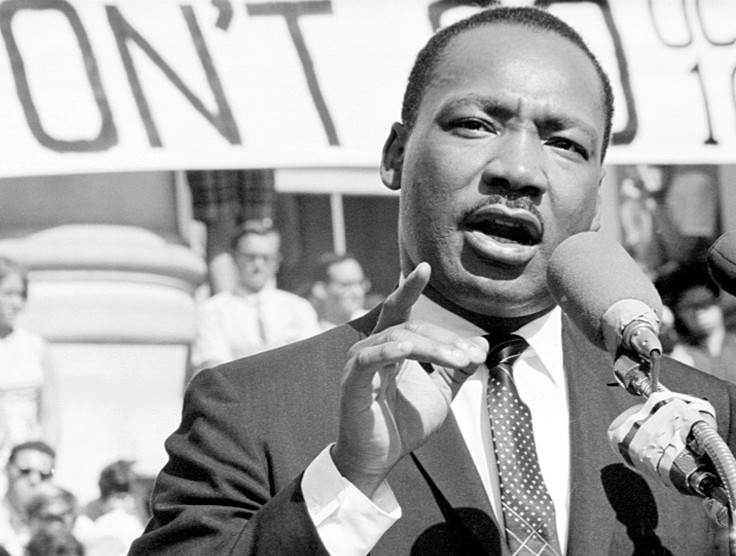
Martin Luther King Jr. was born on Jan. 15, 1929. He was an American pastor, activist, humanitarian and leader in the African-American Civil Rights Movement. Among his best-known accomplishments, Dr. King was a chief motivator in the movement to end racial segregation in the United States.
He was the youngest man to be awarded the Nobel Peace Prize, for combating racial inequality through nonviolence. King became a civil rights activist early in his career. In 1955, he led the Montgomery Bus Boycott and helped found the Southern Christian Leadership Conference in 1957. In 1963, Martin Luther King also helped organize the March on Washington, where he delivered his famous “I Have a Dream” speech.
In the final years of his life, he expanded his focus to include poverty and the Vietnam War, and in 1968 he was planning a national occupation of Washington, D.C., called “Poor People’s Campaign,” when he was assassinated on April 4, in Memphis Tennessee.
After he died, countless riots followed in many U.S. cities. King's main legacy was to secure progress on civil rights in the U.S., and just days after his killing, Congress passed the Civil Rights Act of 1968. It prohibited discrimination in housing and housing-related transactions on the basis of race, religion, or national origin (later expanded to include sex, familial status, and disability).
Also introduced a few days after his death, was the bill to make Martin Luther King’s birthday a federal holiday. At the time, those in office claimed the main argument against it was that King never held public office, and making a federal holiday based on a private citizen would break tradition.
Finally, 15 years and six million petition signatures later, the bill was passed. President Ronald Reagan signed the holiday into law in 1983, and it was first observed three years later. At first, some states resisted observing the holiday as such, giving it alternative names or combining it with other holidays like Civil Rights Day, Human Rights Day and Robert E. Lee’s birthday.
Martin Luther King Jr. Day was officially observed in all 50 states for the first time in 2000. It is a day to promote equality among all people, regardless of background or ethnicity. It is observed on the third Monday of January each year, around the time of King's birthday. This holiday falls under the Uniform Monday Holiday Act, which is an Act of Congress that amended the federal holiday provisions of the United States Code to establish the observance of certain holidays on Mondays.
The Act originally moved Washington's Birthday, Memorial Day, Columbus Day and Veterans Day from fixed dates to designated Mondays. It was designed to increase the number of three-day weekends for federal employees.
Veterans Day was removed from this list of "always-on-Monday" holidays when it was moved back to its traditional date of Nov. 11 in 1978. Martin Luther King, Jr. Day is celebrated on the third Monday in January, instead of King's actual birth date for the same reasons, unless his birthday, Jan. 15 falls on a Monday, as it is the case in 2018.
© 2025 Latin Times. All rights reserved. Do not reproduce without permission.




